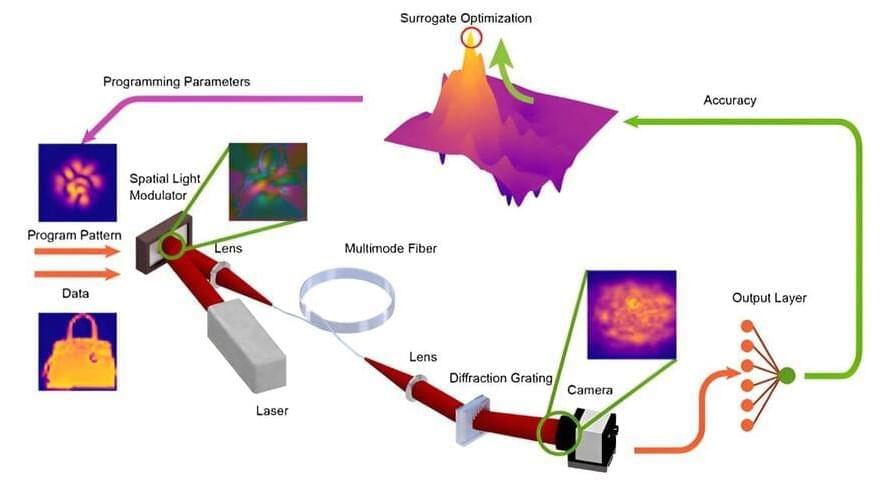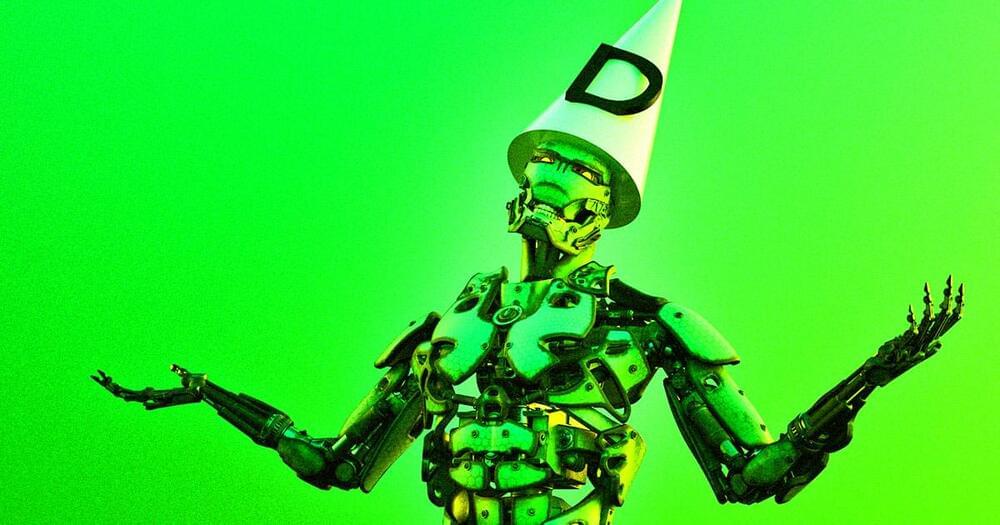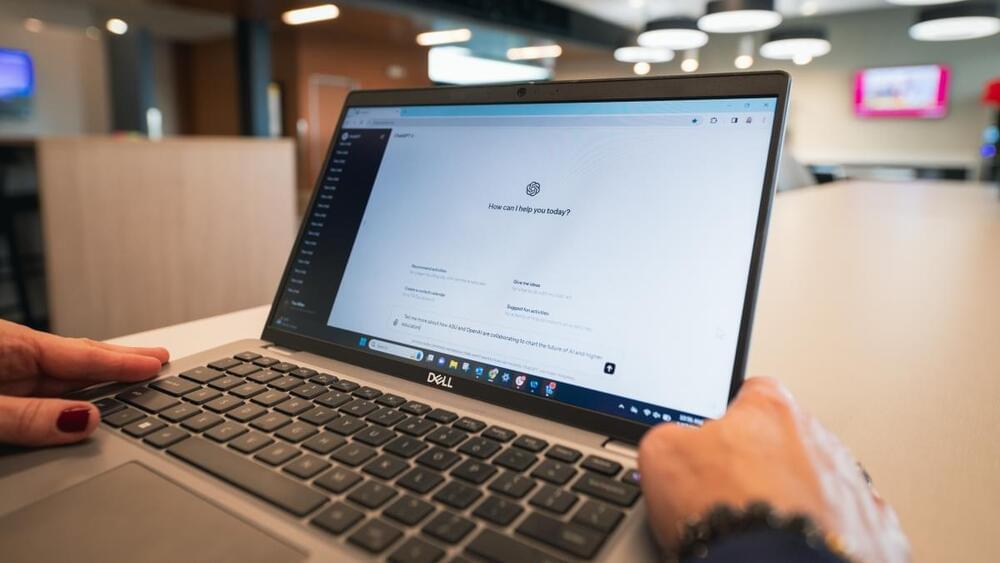The Rail Bus, a pioneering mode of transportation originating in Zhuzhou, China, is a groundbreaking discovery. Introduced by the Chinese manufacturer CRRC, this self-driving vehicle, resembling a train but without tracks, completed its inaugural journey in 2017. The Rail Bus seeks to revolutionise traditional concepts of buses, trains, and trams. The design of the Rail Bus was presented to the public in June 2023, and remarkably, within a span of fewer than five months, CRRC initiated testing on October 30, 2017. Covering a 3-kilometer route with stops at four stations in Zhuzhou, this marked a significant milestone in transportation evolution.







